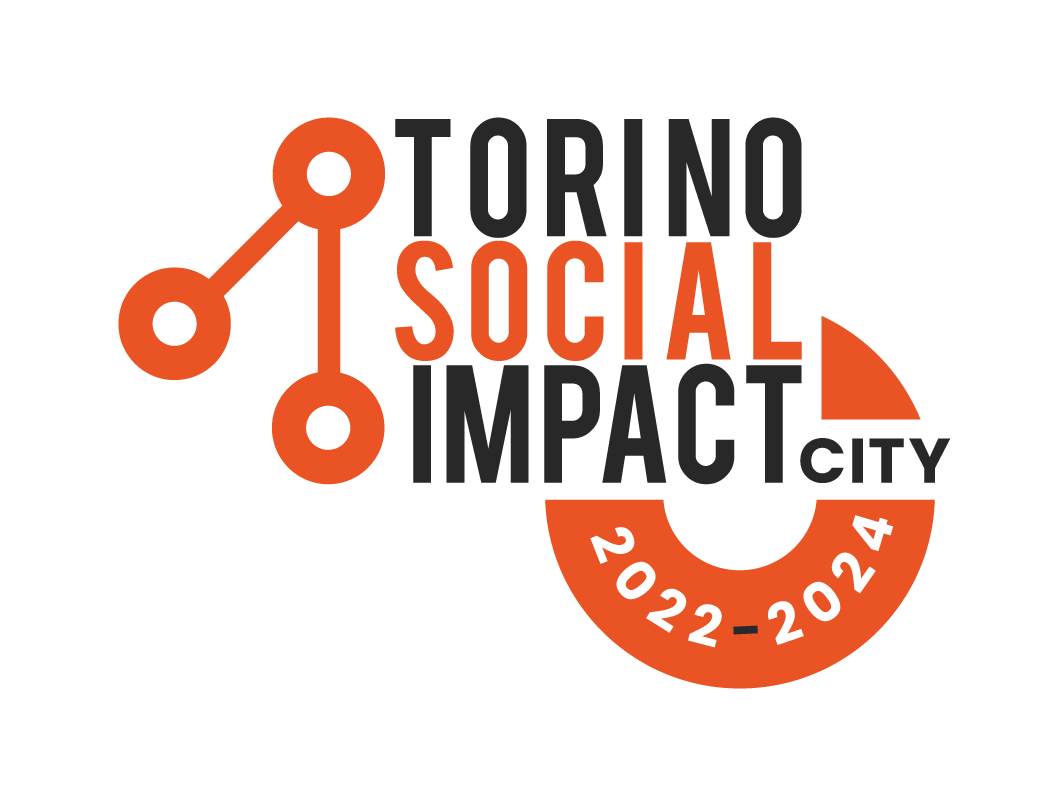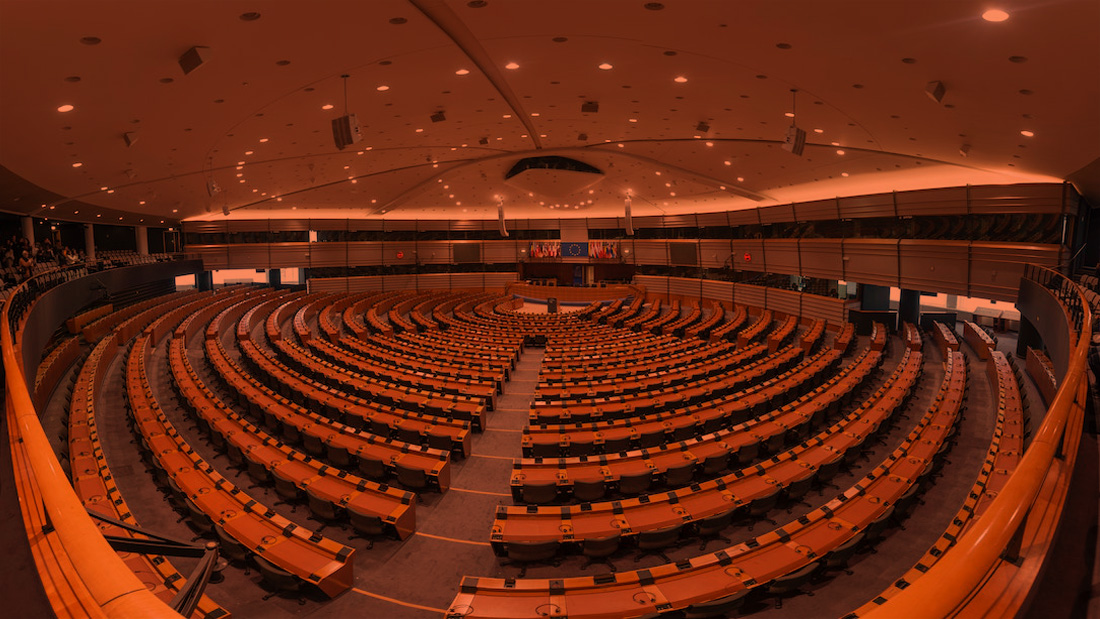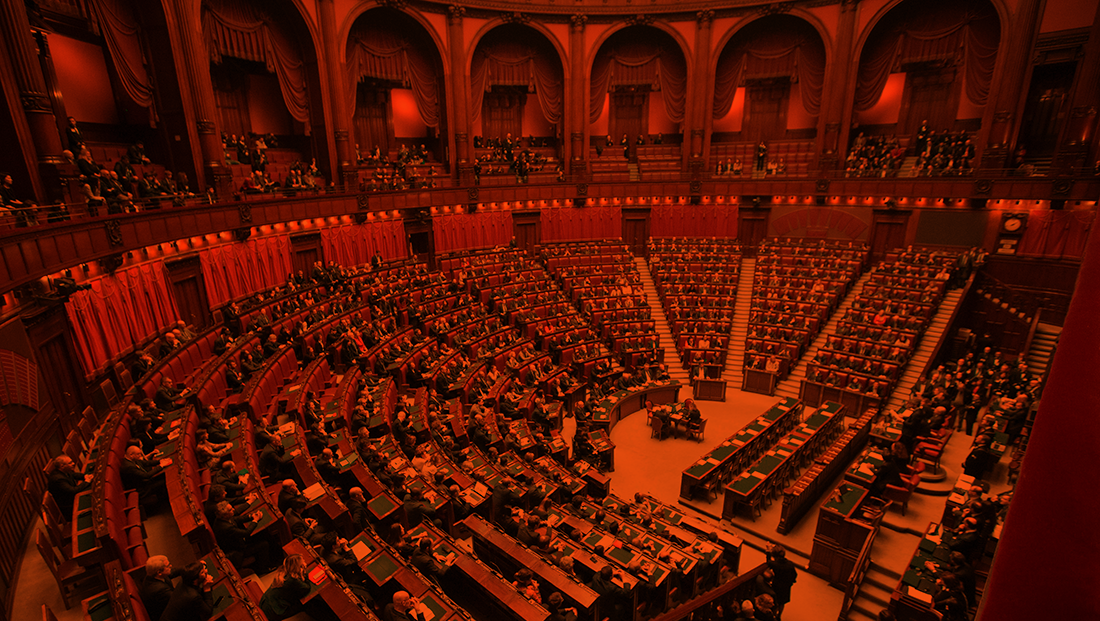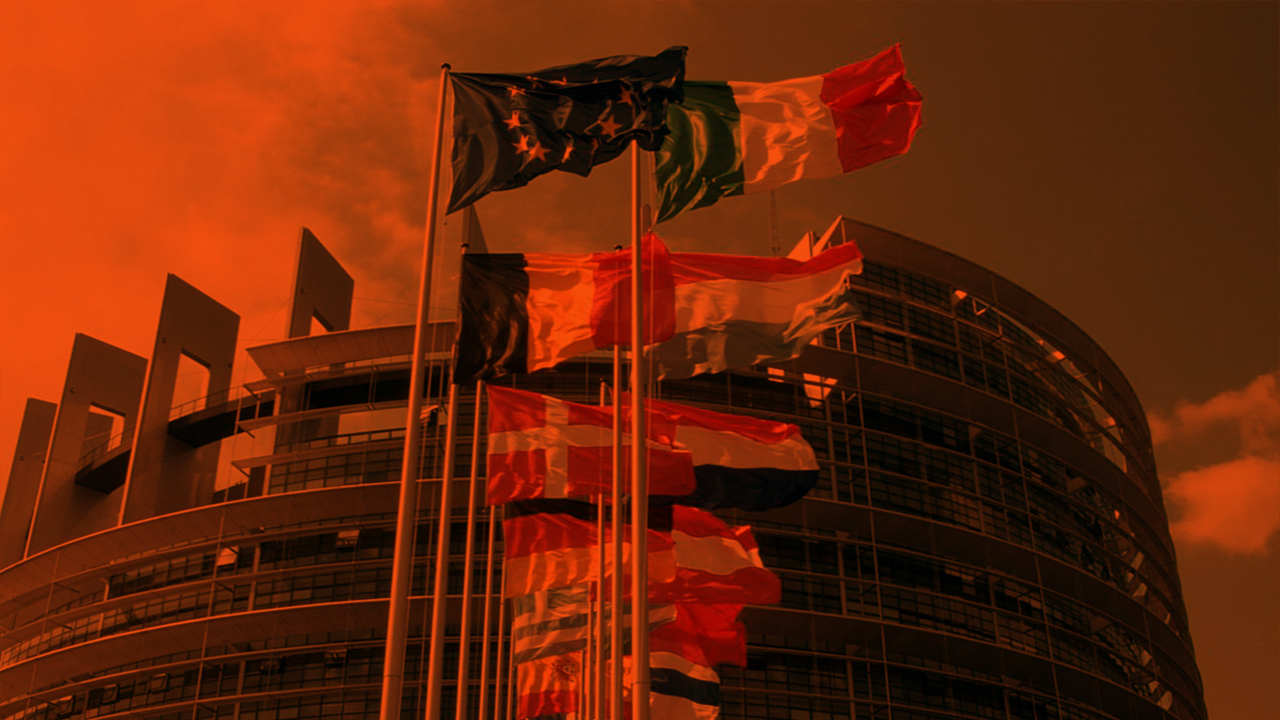C40 is the cities network devoted to climate change and it is operating more and more in order to take into account societal inequalities issues in the climate change policies.
The Mayor of London and Chair of C40 Cities, the Mayor of Barcelona and Vice Chair of C40 Cities, and the Secretary General of the International Trade Union Confederation convened a group of Europe’s leading mayors from the C40 Cities network, international and European trade union leaders and the International Energy Agency (IEA), to agree upon the emergency actions needed to avert the looming energy poverty crisis facing their cities.
Mayors warned that poor historic decision-making has contributed to the energy poverty crisis and proposed an emergency action plan for Europe to cut household energy bills and accelerate a just energy transition. C40 analysis shows that 55% of gas consumption in C40 member cities is used for heating and cooling in residential buildings, tying residents to volatile fossil fuels, and there are three times more jobs in European energy efficiency and retrofit markets than would be created by investment in fossil gas.
Mayors of Barcelona, Glasgow, Heidelberg, London, Milan, Oslo and Warsaw vowed to work together with unions, governments and the IEA to double down on delivering their science-based climate action plans. They vow to work together as spiralling fossil fuel prices threaten living standards and risk pushing millions more Europeans into energy poverty. They say that to tackle the energy poverty crisis we need to dramatically reduce gas dependency by boosting renewables and retrofits that will also create good, green jobs.
Noting what the IEA deems necessary to solve the crisis, mayors put forward a comprehensive emergency plan that can accelerate the delivery of actions and policies to help residents and workers living in cities, and called on national governments to step up their ambition and support cities with the funding and powers they need. Mayors called on national governments to scale up their emergency response to the crisis, including prioritising recovery funds and ‘windfall taxes’ on energy companies, to deliver emergency measures and devolving the powers cities need to deliver and accelerate action.
Mayor of London and C40 Chair, Sadiq Khan, says, “The climate emergency is the biggest global threat we face today, and our reliance on fossil fuels has left us vulnerable to sky-rocketing prices. Moving to clean energy will not only help save our planet, but create many highly skilled, well paid green jobs. We must all play our part in helping cities around the world become greener, fairer and more prosperous for all. The time to act is now.” Mayor of Barcelona, Ada Colau says, “Many families are torn between eating or paying for energy bills because of the lack of energy-efficient housing, together with the rise of house and energy prices. The invasion of Ukraine and sky-rocketing increases in energy prices are worsening the social crisis created by COVID-19 and thrusting vulnerable European households deeper into poverty.”
This important initiative is promoted by a panel of Cities that can already boost relevant case histories in the field of energy poverty.
Barcellona
The city of Barcelona has supported thousands of people to cut their energy consumption and bills and switch to renewable energy through Energy Advice Points which also act as watch-dogs for people’s energy rights. The city has also developed a training programme for home care workers to provide advice and reach homebound vulnerable residents and the “hidden” energy poor who may not access conventional services. Energy poor households are exempt from paying the municipal sewage tax.
London
As part of the London’s climate change and energy programmes, the Warmer Homes programme provides free heating, cooling and ventilation improvements for low-income Londoners who own their own homes or rent privately.
The Social Housing Retrofit Accelerator and Mayor’s Innovation Partnership are helping accelerate energy efficiency projects for social housing, providing technical expertise and guidance to help kick-start the retrofit of ageing and inefficient homes while driving down costs and growing the supply chain for retrofit projects. London launched its online Cost of Living Hub in April so all residents have trusted advice on how to access government support to reduce their bills and through Solar Together, London supports residents looking to install solar PVs and storage solutions on their property through an aggregated procurement programme which secures savings of 20-35% against average market price.
Paris
The city of Paris is supporting people to renovate multi-occupancy buildings with a platform that links residents with building professionals, securing over €80 million of investment in retrofit works and achieving typical annual savings of $220 per apartment.
Milan
Milan is building Italy’s first zero carbon, energy-efficient social housing project to ensure that residents are protected from volatile energy prices. They are also working to retrofit multi-family buildings, with pilots showing that deep retrofits could reduce energy costs by 23%.
Warsaw
Warsaw is supporting residents to replace polluting coal stoves used for heating by vulnerable residents with clean alternatives such as heat pumps. More than PLN 50 million have also been given to private residents as subsidies to install solar PVs, with an aggregated capacity of 34.6 MW. The city has also announced the launch of the Municipal Photovoltaic Development Program 2022-2030 – allocating PLN 60 million (c. €13 million) in the first three years to more than double the solar PV capacity on municipal assets to 21.4MW and aiming to deploy solar PVs on all municipal buildings by 2030. This will save the city PLN 174 million by 2037.
Oslo
In Oslo, heating oil has been replaced by renewable sources of energy, including district energy systems using waste heat from the sewage system and individual heat pumps.
Heidelberg
Heidelberg built one of the world’s largest carbon neutral districts in Bahnstadt, sheltering residents from volatile and rising energy costs through ensuring that all buildings (public and private) are constructed to passive-house standards, smart metres enable to monitor energy
consumption and identify potential energy savings and a wood-chip combined heat and power station provides heat for the district.
Austin
In the US, Austin TX has a power purchase agreement with a utility-scale solar farm to provide low-cost power to city residents.
Seul
In Korea, Seoul is deploying domestic solar PV panels to 1 million households and making solar PV systems mandatory for public buildings. Seoul’s ‘Energy Welfare Public-Private Partnership Program’ is helping to alleviate fuel poverty via a range of direct and indirect support measures, such as financing for low-income households to have their homes retrofitted for greater energy efficiency, and training and employing disadvantaged job seekers as energy consultants and energy welfare workers to assess energy performance of low-income households.
Qingdao
In China’s Qingdao, 5000 residential buildings have already been retrofitted to save energy. By the time the scheme is complete, it is expected that residents will have saved $3.5m in energy bills, and that around 700,000 tonnes of CO2 will have been avoided.
Washington DC
Washington DC’s Low Income Home Energy Assistance Program provides eligible households with a one off emergency assistance for those that have received a utility disconnection notice.
Cape Town
Cape Town installed 44,000 solar water heaters, resulting in an energy saving of 10,208,000 kWh/month. The programme created 1,258 jobs and contributed $58.1 million to the local economy. Furthermore, the programme estimated that with that solar water heating households save a collective $1.5 million per month.
Archivio:
 New legal opinion on true and fair shows company directors how to include sustainability in their financial accounts22 February 2024
New legal opinion on true and fair shows company directors how to include sustainability in their financial accounts22 February 2024 Corporate sustainability due diligence14 December 2023
Corporate sustainability due diligence14 December 2023 Introducing the Impact Taskforce (ITF) State of Play 202312 December 2023
Introducing the Impact Taskforce (ITF) State of Play 202312 December 2023 Coke launches $137.7m sustainability fund15 September 2023
Coke launches $137.7m sustainability fund15 September 2023 Impact Investing UK case study repository15 September 2023
Impact Investing UK case study repository15 September 2023 European Commission adopted a Proposal for non-profit associations13 September 2023
European Commission adopted a Proposal for non-profit associations13 September 2023 Historic moment for the Social and Solidarity Economy: the UN General Assembly adopts a resolution17 June 2023
Historic moment for the Social and Solidarity Economy: the UN General Assembly adopts a resolution17 June 2023 The Commission approves a proposal for Council recommendation for Member States on developing social economy framework conditions17 June 2023
The Commission approves a proposal for Council recommendation for Member States on developing social economy framework conditions17 June 2023 Updates from the ISSB Board for the issuing of global sustainability standards on January 202428 February 2023
Updates from the ISSB Board for the issuing of global sustainability standards on January 202428 February 2023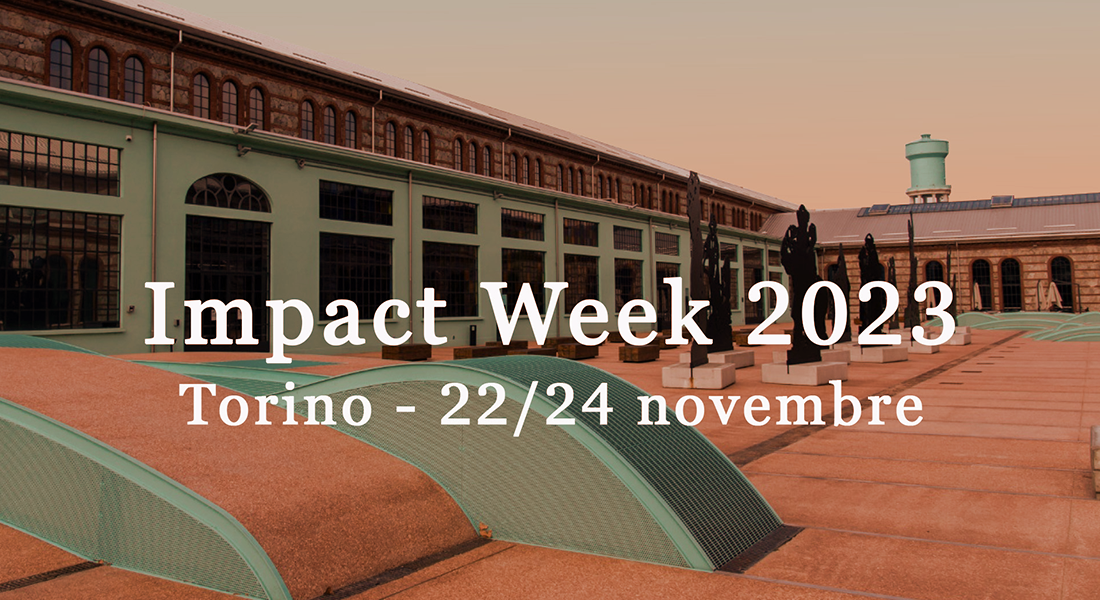 In 2023, Turin will be the European capital of social and environmental impact finance19 December 2022
In 2023, Turin will be the European capital of social and environmental impact finance19 December 2022 Turn in European social procurement policies16 December 2022
Turn in European social procurement policies16 December 2022 The transition pathway for proximity & social economy15 December 2022
The transition pathway for proximity & social economy15 December 2022 Social Value Matters Europe in October in Turin27 June 2022
Social Value Matters Europe in October in Turin27 June 2022 The Global Citizen Impact Funds02 May 2022
The Global Citizen Impact Funds02 May 2022 Social impact integrates the new European innovation ecosystems09 February 2022
Social impact integrates the new European innovation ecosystems09 February 2022 EU co-creation of the proximity and social economy ecosystem09 February 2022
EU co-creation of the proximity and social economy ecosystem09 February 2022 The Impact Taskforce: time to deliver07 February 2022
The Impact Taskforce: time to deliver07 February 2022 Italy: ten million for benefit companies10 December 2021
Italy: ten million for benefit companies10 December 2021 Peer2Peer: Amsterdam Impact29 September 2021
Peer2Peer: Amsterdam Impact29 September 2021 EU Social Taxonomy for a sustainable finance27 September 2021
EU Social Taxonomy for a sustainable finance27 September 2021 EVPA position paper on EU Action Plan for the Social Economy20 September 2021
EVPA position paper on EU Action Plan for the Social Economy20 September 2021 Generation Changemaker29 June 2021
Generation Changemaker29 June 2021 Social Stock Exchange, Paris launches an index for the best responsible and sustainable companies22 April 2021
Social Stock Exchange, Paris launches an index for the best responsible and sustainable companies22 April 2021 The Franchising Push for Social Impact31 March 2021
The Franchising Push for Social Impact31 March 2021 Report from the European Commission on Socially responsible public procurement (SRPP) in 27 countries22 March 2021
Report from the European Commission on Socially responsible public procurement (SRPP) in 27 countries22 March 2021 B20 at the start, in the sign of the impact revolution18 February 2021
B20 at the start, in the sign of the impact revolution18 February 2021 Everyone a Changemaker, Ashoka’s mission15 February 2021
Everyone a Changemaker, Ashoka’s mission15 February 2021 The Final Statement of The Economy of Francesco10 December 2020
The Final Statement of The Economy of Francesco10 December 2020 The Gaetano Marzotto Prize looks to social impact with the first edition of the 2030 SI Prize10 December 2020
The Gaetano Marzotto Prize looks to social impact with the first edition of the 2030 SI Prize10 December 2020 B Corp and B Movement Builders11 November 2020
B Corp and B Movement Builders11 November 2020 Road to Mannheim 2021, European Social Economy Summit08 October 2020
Road to Mannheim 2021, European Social Economy Summit08 October 2020 Responsible Banking07 October 2020
Responsible Banking07 October 2020 Cities and Social Impact Bonds05 October 2020
Cities and Social Impact Bonds05 October 2020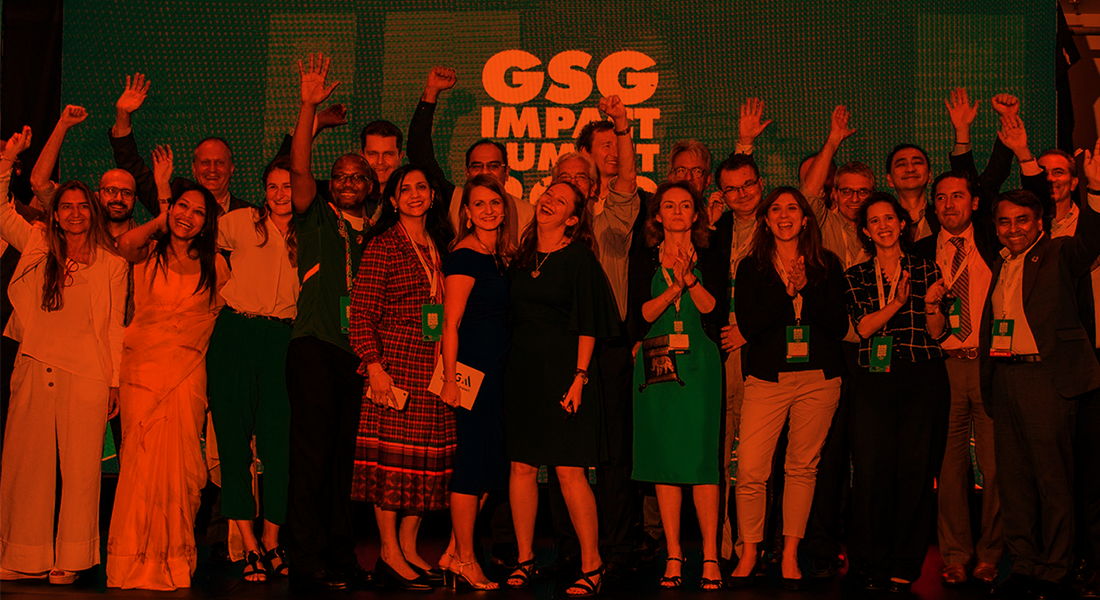 GSG leaders call governments for action to put impact at the heart of the Covid-19 economic recovery 30 September 2020
GSG leaders call governments for action to put impact at the heart of the Covid-19 economic recovery 30 September 2020 If not now, then when?22 May 2020
If not now, then when?22 May 2020 Sustainable finance: Commission welcomes deal on an EU-wide classification system for sustainable investments27 February 2020
Sustainable finance: Commission welcomes deal on an EU-wide classification system for sustainable investments27 February 2020 Strong Social Europe for Just Transitions27 February 2020
Strong Social Europe for Just Transitions27 February 2020 The Global Steering Group for Impact Investment18 November 2019
The Global Steering Group for Impact Investment18 November 2019
